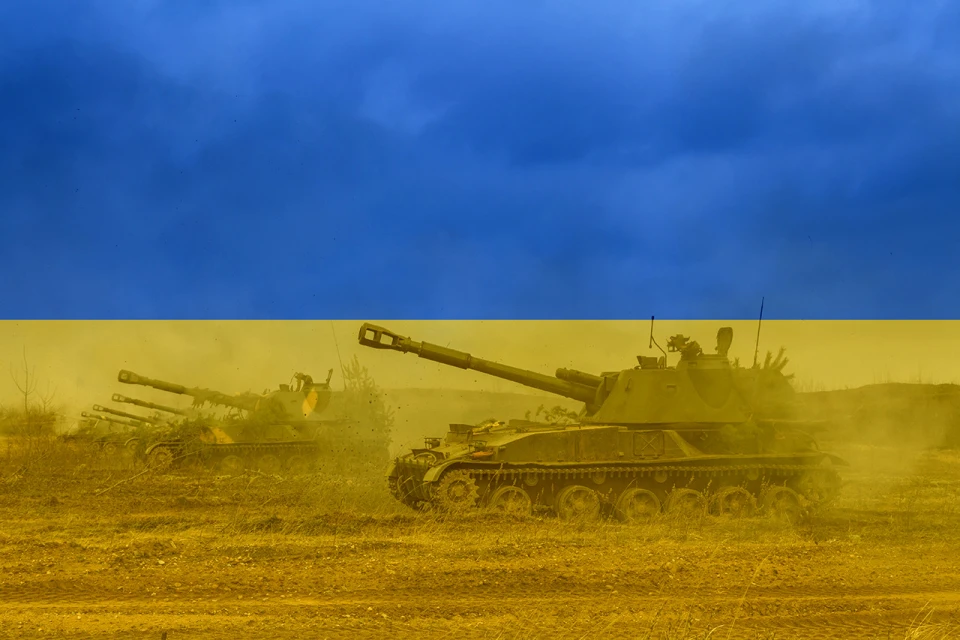
Victorious news of 741st day of war: Russian Navy ship destroyed, Russian air strikes halved due to aircraft downings
The Ukrainian Armed Forces destroyed a Russian ship that once attacked Zmiinyi Island and Ukrainian hackers obtained secret information from the servers of the Russian Defense Ministry
Russian patrol ship Sergei Kotov joins the Moskva cruiser
On the night of Tuesday, March 5, Ukrainian servicemen attacked Sergei Kotov, the patrol ship of the Russian Navy in the temporarily occupied Crimea. There are dead and wounded among the crew.
According to preliminary intelligence, Russia lost 7 crew members, 6 more were wounded, and 52 were likely evacuated.
It is noted that the Russian ship off the coast of the peninsula was attacked by a special unit of the HUR Group 13. The mission was conducted in cooperation with the Ukrainian Navy. According to intelligence, due to the strike by Magura V5 maritime drones, the Russian ship Project 22160 sustained damage to the stern, starboard and port sides. The cost of the sunken ship is about $65 million.
According to Yusov, the sunken Russian ship in February 2022 took part in the attack on Zmiinyi Island together with the already liquidated cruiser Moskva, and it was also planned to deploy anti-aircraft missile systems.
Russian Defense Ministry website still down after servers hacked on March 4
Ukrainian intelligence officers carried out a successful DDoS attack against the Russian Ministry of Defense, gaining access to servers, ciphers and secret documents of the department. As of March 5, the website has not yet been restored.
"The Ministry of Defense of the aggressor state of Russia cannot cope with the consequences of the cyberattack by Defense Intelligence of Ukraine (DIU). IP-telephony, domains of the Russian Ministry of Defense, as well as servers that provided electronic document flow of the enemy structure remain blocked," the Defense Intelligence of Ukraine stated on March 4.
Ukraine seized information security and encryption software used by the Russian Ministry of Defense, as well as an array of secret official documents of the Russian department. In particular, these are orders, reports, instructions, and other documents that circulated among more than 2,000 structural units of the Russian security agency.
According to the intelligence, the information obtained allows the agency to establish the full structure of the Russian Defense Ministry system and its links.
Number of Russian airstrikes halves after downings of Su-34 jets
Dmytro Lykhoviy, spokesman for the joint press center of the Tavria troop grouping, said that Russian infantry in the ground offensive has less air support. He shared the information on Espreso TV.
"If you track the general trends, you can correlate it with the number of Russian air attacks, and this shows a positive shift. That is, over the past day, the enemy conducted 1,175 attacks and 144 strikes with 'kamikaze' drones, which have emerged as a significant supplementary means of destruction alongside artillery, as well as 26 air strikes. If we look at the statistics of air strikes, we can state that as a consequence of our Air Force downing Russian aircraft, particularly the Su-34, behind the demarcation line in the territory controlled by the enemy using air defense systems, the number of Russian air strikes has halved over the past two to three weeks," emphasized Lykhoviy.
According to the spokesperson, in mid-February Russia was conducting 50-70 air strikes per day, but recent reports indicate a decrease, with the past few days seeing only 15-20 air strikes.
"This means that the Russians are using fewer guided aerial bombs, which means that their infantry in the ground offensive has less air support. That is, Russian assault operations are less effective," noted Lykhoviy.
Canada to supply Ukraine with airborne unguided rockets
Canada may soon make a final decision on the supply of unguided aerial rockets to Ukraine. It is currently deciding how to safely deliver CRV7s to Ukraine, which involves thousands of rockets, Defense Express writes.
This was stated by Canadian Defense Minister Bill Blair at a briefing in Edmonton. Currently, the Canadian Ministry of Defense is assessing how safe it is to transport the CRV7 and how best to do so.
"The safety assessment process will take several days. We are working now to make sure that this ammunition can be safely transported. Once we have everything figured out, it will be just a matter of a few days. We will do everything we can to get this resource to Ukraine as quickly as possible," Blair said.
The CRV7 airborne unguided rockets are based on the US Hydra 70.
- News












































